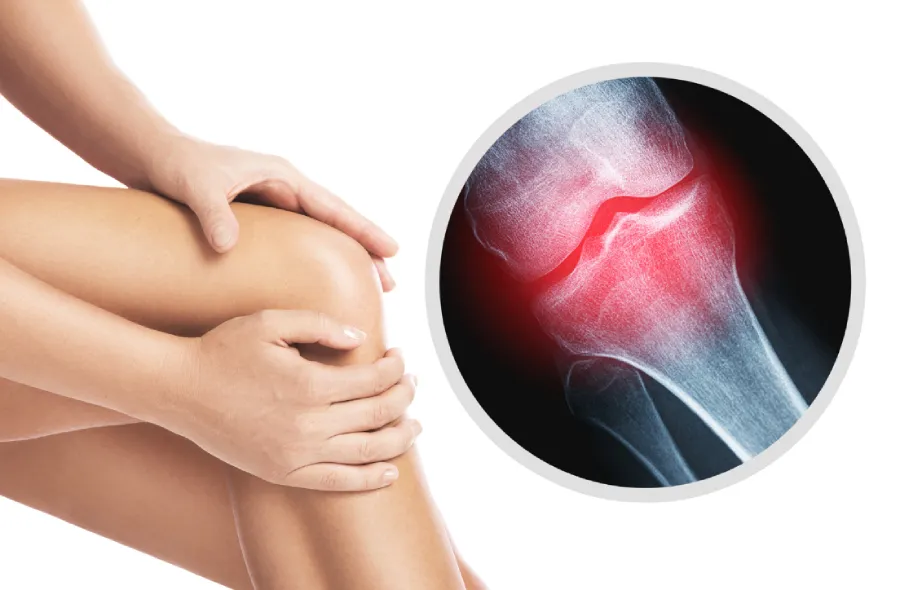Maintaining optimal bone health is crucial for overall well-being, and the role of nutrition in supporting bone density and strength cannot be overstated. While calcium and vitamin D often steal the spotlight in discussions about bone health, protein is another essential nutrient that plays a significant role. Let’s explore the intricate relationship between protein intake and bone health, shedding light on how this macronutrient contributes to the foundation of a healthy skeletal system.
Bones are not static structures; they undergo a constant process of remodeling, involving the breakdown of old bone tissue and the formation of new bone. Proteins are essential players in this dynamic dance. Collagen, the most abundant protein in the body, provides the framework for bone tissue, giving it strength and flexibility. Additionally, various proteins are involved in the regulation of bone metabolism, ensuring a delicate balance between bone formation and resorption.
Collagen is a fibrous protein that forms the structural framework of bones, providing the tensile strength necessary to withstand the stresses of everyday activities. A diet rich in high-quality protein sources, such as lean meats, poultry, fish, dairy products, and plant-based proteins like legumes and nuts, ensures an adequate supply of amino acids – the building blocks of collagen. Without sufficient protein intake, the body may struggle to produce the robust collagen needed to maintain bone integrity.
Bone mineral density (BMD) is a key indicator of bone health, representing the amount of minerals, particularly calcium and phosphorus, present in bone tissue. Research suggests that adequate protein intake positively influences BMD, especially in combination with other bone-boosting nutrients. Protein helps the body absorb and utilize calcium effectively, contributing to the development and maintenance of strong, dense bones.
Proteins also play a role in hormonal regulation related to bone health. Insulin-like growth factor 1 (IGF-1) is a hormone that stimulates bone formation, and protein intake has been linked to increased IGF-1 levels. Additionally, proteins influence the secretion of hormones such as leptin and adiponectin, which play a role in bone metabolism. Balanced protein consumption contributes to a hormonal environment conducive to optimal bone health.
While protein is undoubtedly essential for bone health, balance is key. Excessive protein intake, particularly from animal sources, may lead to increased acidity in the body, potentially leaching calcium from bones to buffer the acid. Therefore, it’s crucial to strike a balance between protein intake and other bone-supporting nutrients like calcium, vitamin D, magnesium, and phosphorus.
In the intricate tapestry of bone health, protein emerges as a crucial thread, weaving its influence from collagen formation to hormonal regulation. A diet rich in high-quality protein sources, combined with adequate intake of other bone-supporting nutrients, lays the foundation for strong and resilient bones. Whether you’re a meat enthusiast, a plant-based advocate, or somewhere in between, prioritizing a well-rounded diet that meets your protein needs is a proactive step towards ensuring your skeletal system stands the test of time. Remember, building strong bones goes beyond counting calcium milligrams – it’s about embracing a holistic approach to nutrition that nourishes your body from the inside out.


